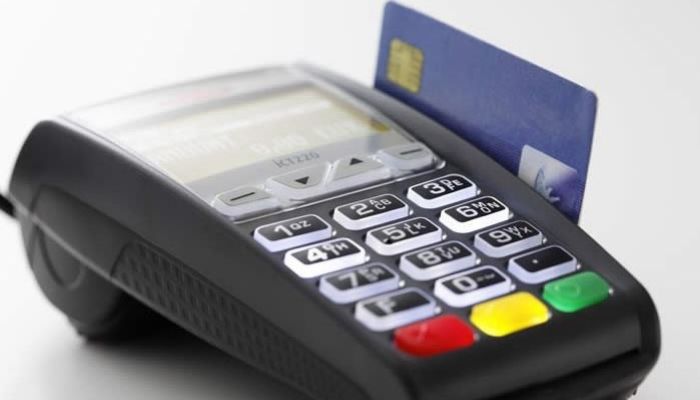Contrary to claims that the Central Bank of Nigeria (CBN) policy on naira redesign will deepen electronic transactions in the country, February data from the Nigeria Inter-Bank Settlement System (NIBSS) may have shown otherwise.
In February, obviously due to several failed electronic payment transactions, the value of transactions fell to N37.6 trillion, a 4.8 per cent departure from the January figure of N39.58 trillion.
According to NIBSS, e-payment platforms, including the Point of Sales (PoS), NIBSS Interbank Platform, mobile, E-BillsPay, among others were used 901.46 million times in February as against the 638 million times in January. Painfully, for about two years now, NIBSS has been evasive in updating its efficiency platform portal, which usually reveal the number of failed transitions and more.
It was reported on March 7, how banks’ ePayment platforms have failed the stress test despite about N100 billion investments and subsequently compounded the chaos unleashed by the CBN policy. Within the last seven weeks, Nigerians have had to cope with no payment from banks, the Automated Teller Machines (ATMs); exorbitant charges from PoS agents, crash of bank apps and the Unstructured Supplementary Service Data (USSD), thus leading to collapse of several small businesses and impacting negatively on livelihoods.
However, further analysis of the data showed that PoS transactions volume rose from 96.3 million in January to 113.5 million in February, with the value also moving from N807 billion to N883.4 billion.
In terms of mobile transactions captured by the system, the volume rose from 108,135.96 in January to 183,687.1 in February. The value rose from N2.37 trillion in January to N2.56 trillion in February.
The data also showed that cheque transactions increased to 333.952 in February from 319.373 in January with values put at N238.4 billion in February as against N244 billion in January.
Meanwhile, there has been no respite for Nigerians as regards usage of the Unstructured Supplementary Service Data (USSD). So many of the platforms are still not connecting, further frustrating Nigerians.
Already, the Association of Licensed Telecommunications Operators of Nigeria (ALTON) has said members have not deactivated the banks from their network owing to the over N80 billion debt.
The Head of Operations, ALTON, Gbolahan Awonuga, told The Guardian on Sunday that no bank has been deactivated.
“No bank has been deactivated by telecoms operators. The challenge they are having is lack of capacity, especially at their backend. They need to work on that as fast as possible because Nigerians are groaning seriously,” he stated.
Indeed, the CBN announced its naira redesign policy and withdrawal limits in 2022, forcing Nigerians to adopt electronic means of making payments. While announcing its policy, the apex bank said, “The maximum weekly limit for cash withdrawals across all channels by individuals and corporate organisations shall be N500,000 and N5 million respectively.”
It added, “Customers should be encouraged to use alternative channels (Internet banking, mobile banking apps, USSD, cards/POS, eNaira, etc.) to conduct their banking transactions.”


